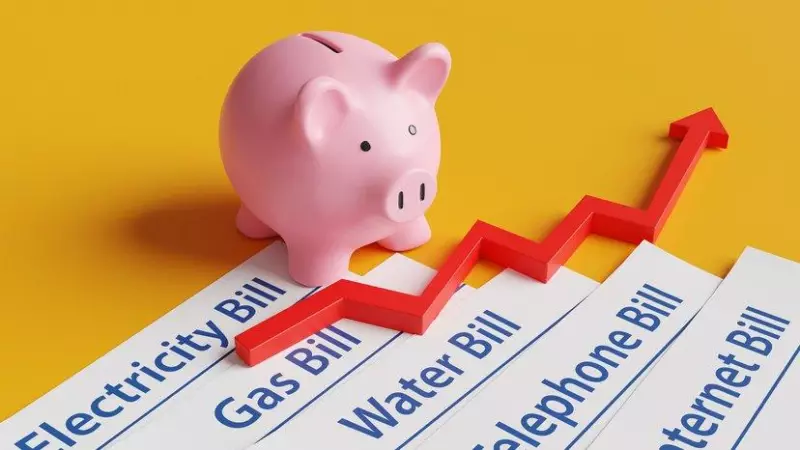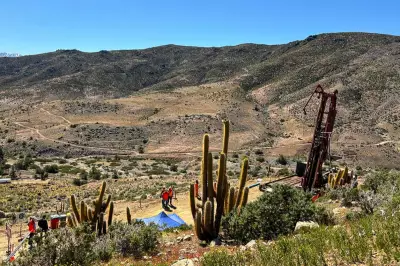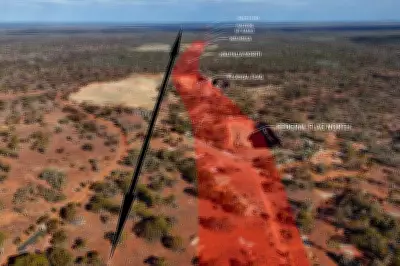
Western Australia's flagship home battery initiative is under scrutiny, with the State Government defending its rollout pace against Opposition claims it has stalled.
Energy Minister Amber-Jade Sanderson has characterised the installation of approximately 4,600 home battery systems in the first six months as a "steady start," directly rejecting criticism that Labor's election centrepiece is lagging.
Political Clash Over Battery Rollout
The debate ignited on Monday as Premier Roger Cook and Minister Sanderson visited a Woodvale home to mark the opening of the Local Battery Manufacturing Program, designed to accelerate the scheme's implementation.
However, the Opposition seized on official data showing 4,605 rebates have been processed since July. Shadow Energy Minister Steve Thomas contended the program was moving too slowly, stating, "They should be apologising for the slow and ungainly roll out."
"At this rate, the Government will struggle to get to its target of 100,000 rebates," Mr Thomas added.
Government Confidence and Household Benefits
Minister Sanderson dismissed suggestions it could take a decade or more to reach the 100,000-battery goal at the current installation rate. She expressed strong confidence in the five-year pipeline established with the Commonwealth.
"What we've seen is a good, steady start," Ms Sanderson stated. "I'm confident that we'll meet the 100,000 by 2030 as we see more and more people see the benefits."
She revealed that more than 18,000 rebate applications have already received approval, indicating significant underlying demand.
Woodvale resident Steve Gilbert, one of the beneficiaries, shared his positive experience. He estimated the $9,000 cost for his new solar panels and battery would be recouped within five years.
"I don't really envisage much of a bill at all, to be honest. If it was anything, it might be $20 a month. So it's big savings, it's definitely worth it," Mr Gilbert said.
Addressing Challenges and Future Manufacturing
The Minister acknowledged initial "teething" issues, including delays in processing payments to some installers and feedback that the application portal was confusing for some households.
"They're largely ironed out, and we're working through all of that, any any backlog of payments, which are reducing every day," she assured.
Looking forward, applications for a $30 million grant scheme for local battery manufacturers are now open. The government anticipates that increasing locally-made components will help drive down system prices for consumers.
Premier Cook highlighted the broader economic vision, saying, "We can be part of a battery manufacturing supply chain. It's an exciting program. The sector has told us that they want to scale up manufacturing of residential batteries and create a stronger local market for Western Australia."
Furthermore, low-interest loans for battery systems are scheduled to become available later this year, providing another financial incentive for homeowners to participate in the scheme.





